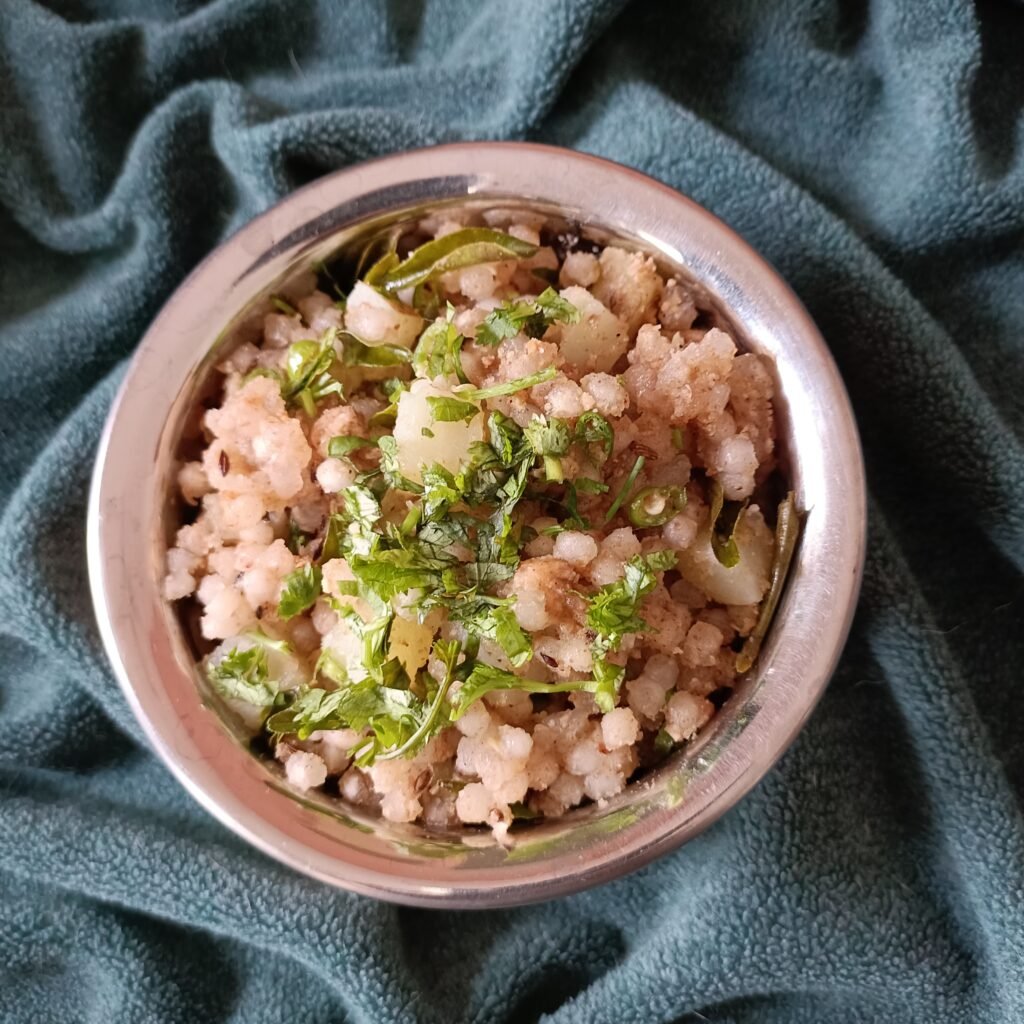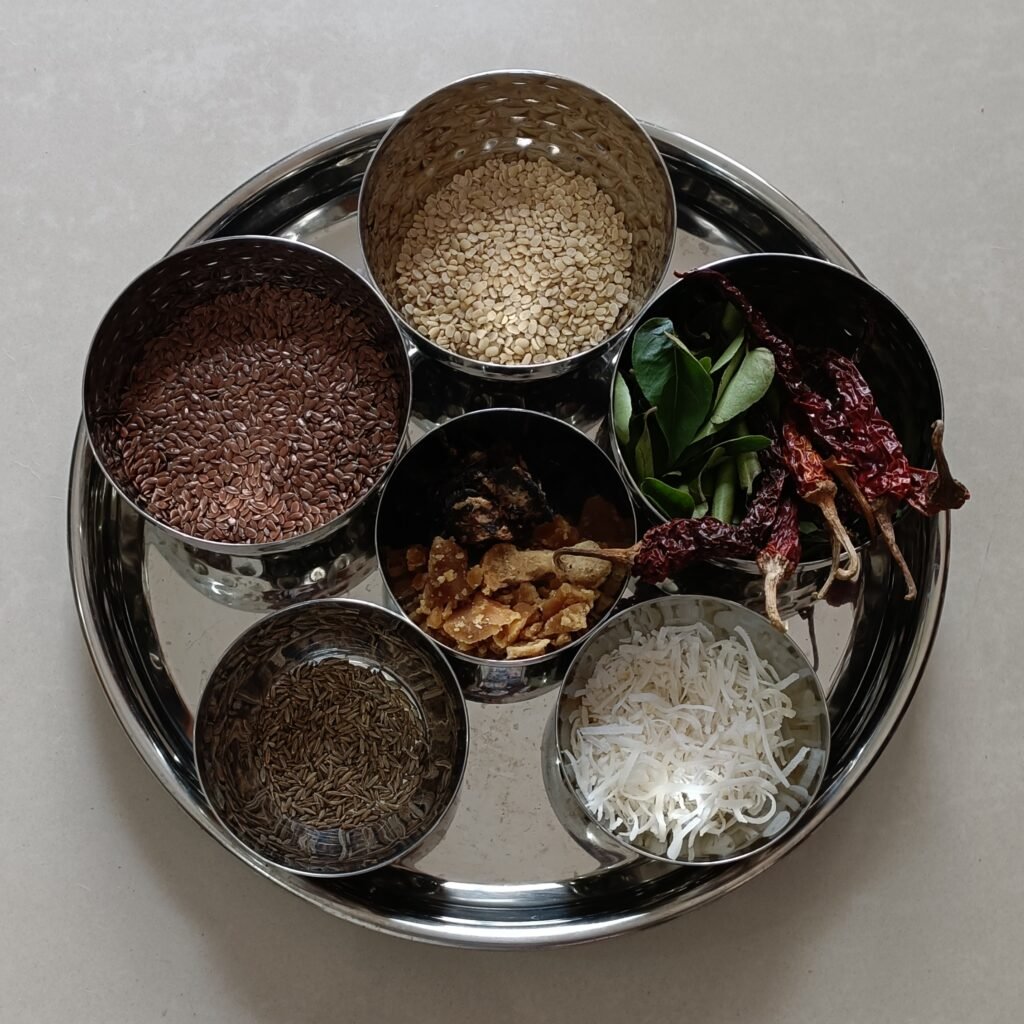
Peanut and Dried Coconut Chutney
Peanuts are said to have originated in South America but are now a staple in many parts of India, especially Maharashtra. They are not nuts but are actually legumes like green peas, soybeans, and lentils, but have almost the same health benefits as the more expensive nuts like walnuts. Peanuts are acidic in nature when roasted and are better eaten soaked overnight. However, their shelf life is short in the soaked form. They contain a good amount of magnesium, folate, vitamin E and copper, which help prevent heart disease by lowering cholesterol levels. On the other hand, many plant-based doctors recommend heart patients avoid consuming ANY ingredient that has fat in it and peanuts have a good amount of it. 22 to 30% of the total calories are proteins and 100 gms of peanuts contain almost 50 grams of fat making them a delicious and satiating snack or part of a meal. This is why peanuts have found a fond place in the diet of rural India. Peanuts have a low-glycemic index so release energy into the blood stream at a slow pace. This means that they don’t cause a spike in blood sugar levels and have shown to lower the risk of type 2 diabetes in women. Peanuts also contain a good amount of fibre, an ingredient that helps reduce inflammation and helps keep bowel movement smooth. The thin papery skin contains many antioxidants and phytochemicals and is beneficial to fight free radicals so eat your peanuts whole!




